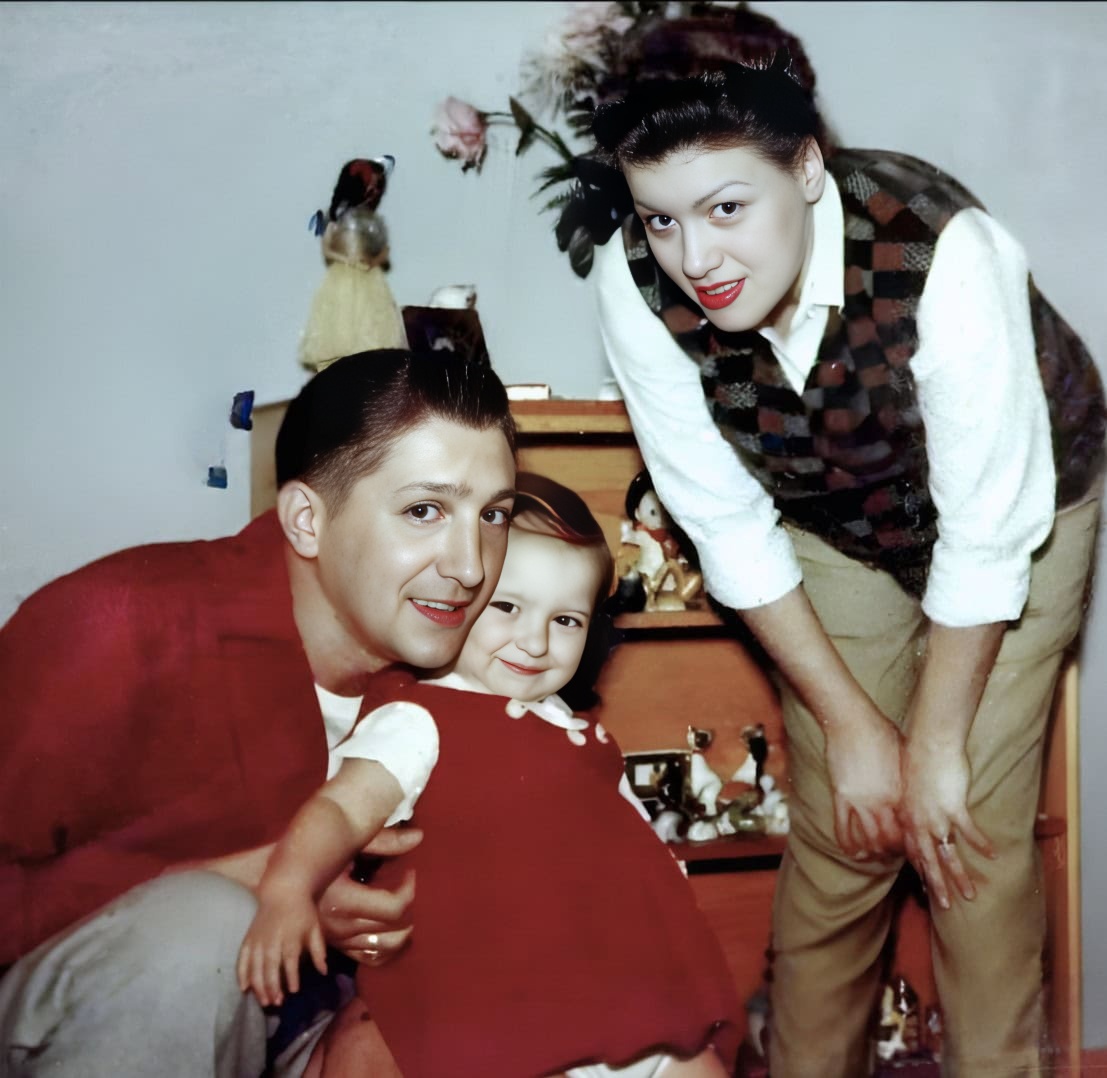
Patsy Cline, a name synonymous with classic country music, remains an enduring icon decades after her untimely death. Born Virginia Patterson Hensley in 1932, Cline possessed a powerful, emotive voice that could convey heartbreak and longing with unparalleled authenticity. Her pioneering spirit helped pave the way for future generations of female country artists, breaking down barriers in a male-dominated industry. Though her career was tragically short, ending abruptly in a 1963 plane crash, she left behind a timeless catalog of hits that cemented her place in the Country Music Hall of Fame.
Among her many successes, “Lovesick Blues” stands out as a defining moment in her career. While not originally one of Cline’s self-penned works, having been popularized earlier by Hank Williams, her rendition, released in 1961, breathed new life into the already established tune. Though it didn’t reach the dizzying heights of chart-topping success like some of her other singles, “Lovesick Blues” became a staple of her live performances and helped solidify her reputation as a versatile and captivating performer.
The song, at its core, is a raw and vulnerable expression of unrequited love and the pain of separation. The lyrics paint a vivid picture of someone consumed by heartbreak, unable to escape the memories of a lost love. Cline’s delivery, characterized by its nuanced phrasing and emotional intensity, amplified the song’s inherent sorrow, connecting deeply with listeners who had experienced similar pangs of longing.
Audience reception to Cline’s “Lovesick Blues” has been consistently positive. While perhaps overshadowed by other hits, it’s often cited by fans as a demonstration of her incredible vocal range and emotional depth. Critics have praised her ability to take a classic song and imbue it with her own distinct personality, solidifying its place within her impressive discography.